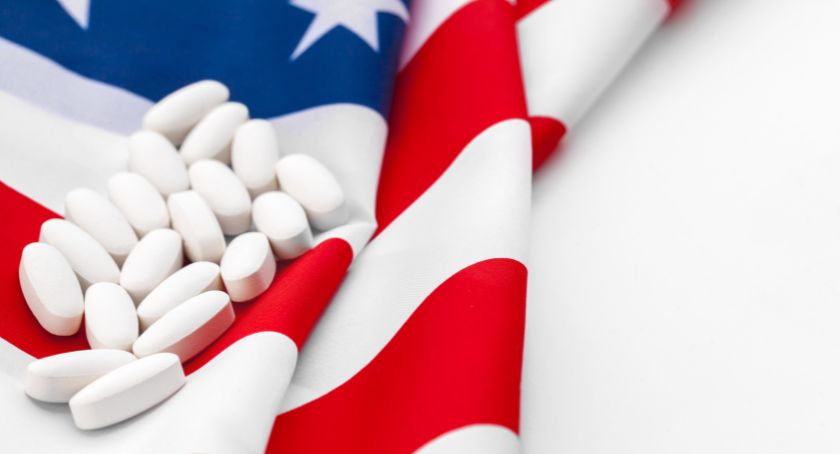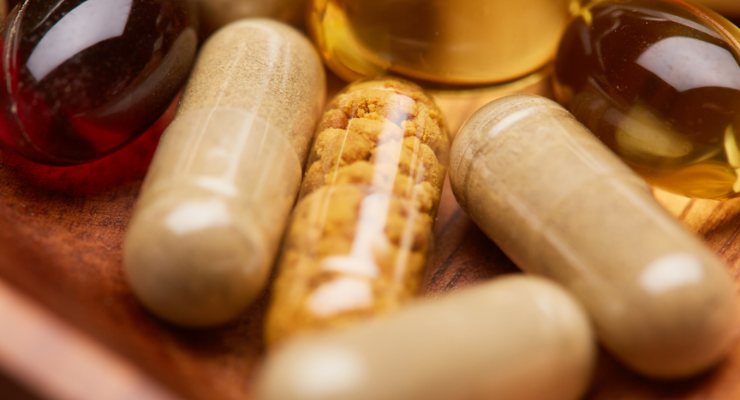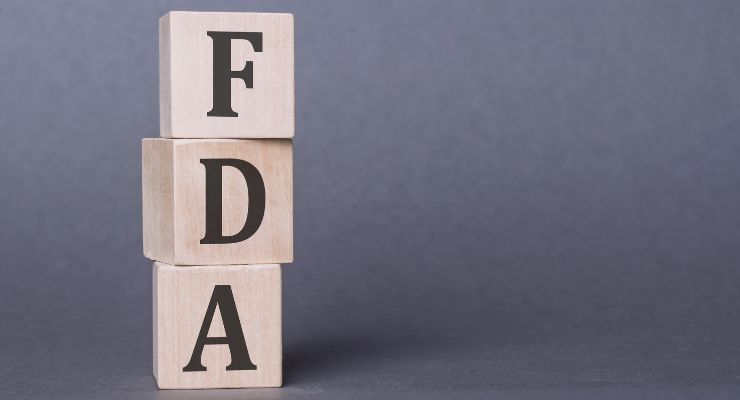Editorial
Nutraceuticals Ride the GLP-1 Bandwagon
Opportunities for the natural products community to engage with people on new anti-obesity drugs are vast.

By: Sean Moloughney

About 12% of U.S. adults say they have taken a GLP-1 agonist drug, according to a health tracking poll from KFF in May, including 6% who said they are currently taking one of these increasingly popular prescription drugs for diabetes and obesity.
Public awareness has increased over the past year as well, with about eight in 10 (82%) adults saying they have heard at least “a little” about them, and about one-third (32%) saying they have heard “a lot” about them, up from seven in 10 and 19%, respectively, in July 2023.
These new anti-obesity drugs are extremely appealing. They’re also very expensive and not currently covered by Medicare. According to the KFF survey, about half (54%) of all adults who have taken GLP-1 medication said it was difficult to afford. While most insured adults who have taken these drugs said their insurance covered at least part of the cost, more than half (53%) said it was still difficult to afford.
With such rapid awareness and adoption of these new drugs, the nutrition and dietary supplement industry has a prime opportunity to pitch an audience that is highly focused on improving their health and wellness today.
Retailers and brands of course have been discussing strategies, curating, developing, and repositioning products that might address side effects or otherwise offer support during GLP-1 protocols.
For example, The Vitamin Shoppe, which listed nutritional support for GLP-1 users as its top health and wellness trend for the year, has launched a telehealth service called Whole Health Rx to offer GLP-1 agonist medications through a virtual care platform that connects patients with licensed healthcare providers.
Nestlé Health Science recently launched a new website offering nutrition information and product options from its brand portfolio for people on GLP-1 treatment. Products, resources, and tools are grouped according to six categories: muscle preservation, gut health, micronutrient intake, hydration, skin and hair health, and weight rebound management.
Unjury, a brand from consumer health company Blueroot Health, has launched a medical food and co-therapy for GLP-1 users that it said is designed to minimize common side effects, address muscle health, promote digestive function, and reduce nausea.
Dietary supplements that purport to target the glucagon-like peptide-1 hormone to control hunger or blood sugar are sure to continue rolling out as well.
Like any trend that rapidly builds momentum in the dietary supplement market, there needs to be some restraint and a reminder not to overstep the regulatory limits of what foods can claim.
Opportunities for the natural health products community to engage with GLP-1 users are plentiful, especially until a next generation of more affordable versions of these drugs comes to market. Companies should be mindful not to oversell, underdeliver, or otherwise turn consumers away from the supplement category.
About the Author: Sean Moloughney has been the editor of Nutraceuticals World since 2012. He can be reached at smoloughney@rodmanmedia.com.




















